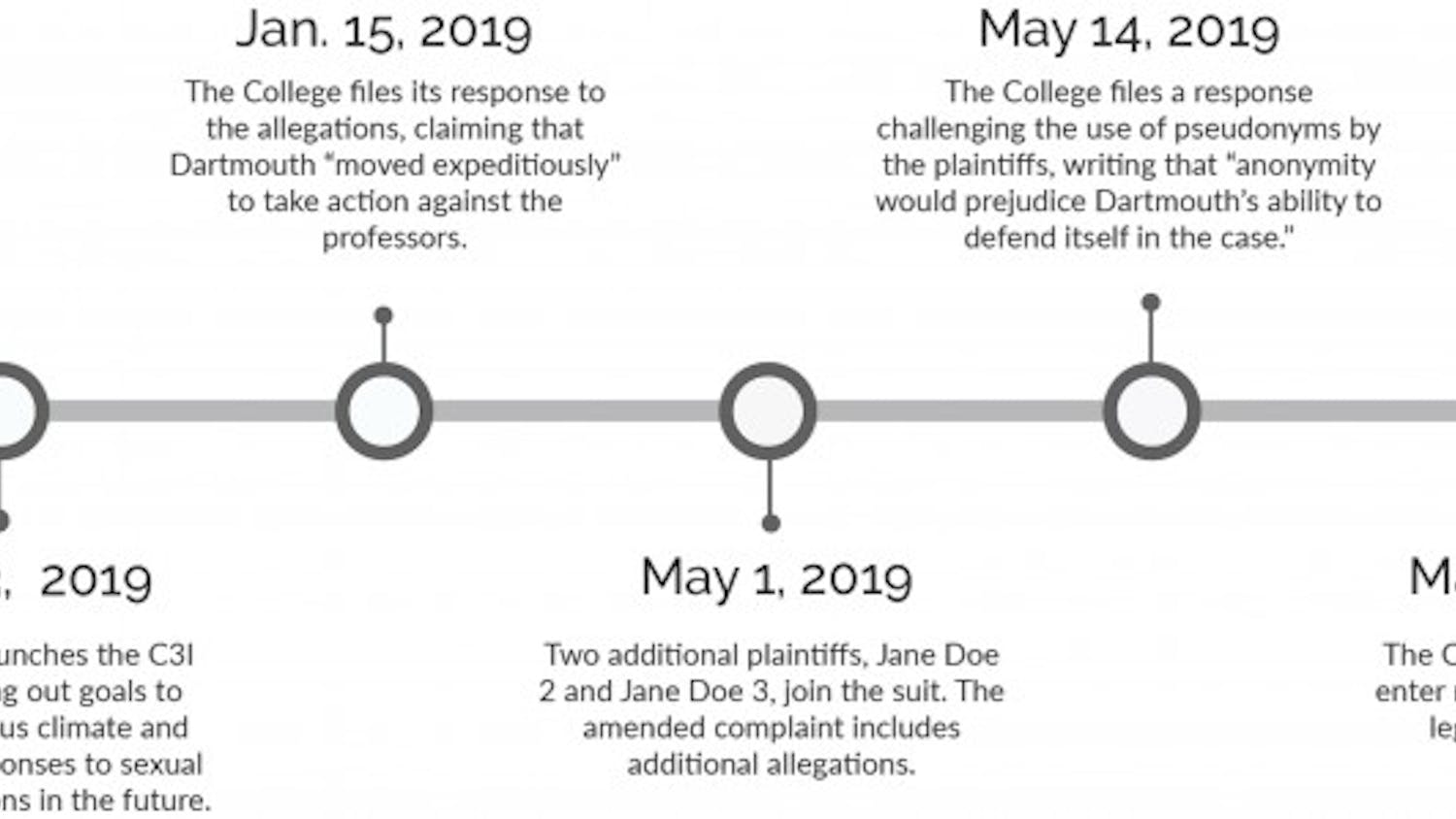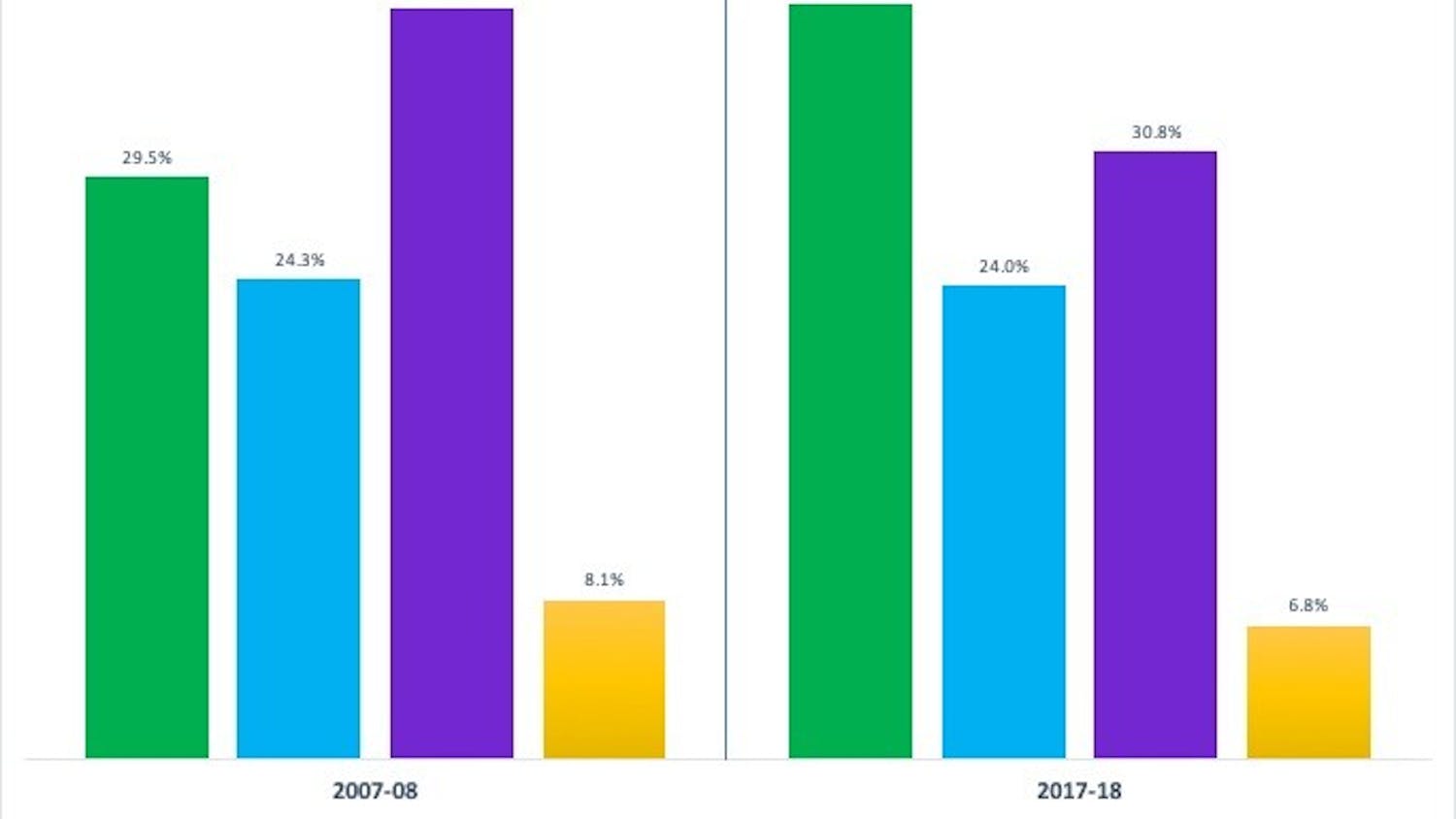My freshman winter, I walked into PSYC 6, “Introduction to Neuroscience,” a little nervous and not knowing what to expect. I was considering the neuroscience major and was interested in the complex machinery of the brain. When I entered Filene Auditorium, I was awash by the excitement that filled the room, all thanks to the professor, David Bucci. Starting on the very first day of class, Professor Bucci took us on an adventure of the brain. We learned about neurotransmitters, sensory pathways like hearing and vision, and newer fields like attention, learning and mental illness.
Professor Bucci was an example of an empathetic professor who saw his students as more than just ears in a lecture. His recent death is an important reminder that we should view our professors as more than just faces at the front of the classroom. We should see past their vocations and see them as human beings who are also vulnerable to mental illness and need support time to time, as the rest of us do.
Like the rest of us, Bucci had a passion. His was a deep love for the field of neuroscience, which was infectious; it made me look forward to every class. I distinctly remember laughing along to his silly analogies and having small epiphanies when a concept he explained made sense. He brought a special excitement to the room, one that was present when he shared a clip from “A Beautiful Mind” to highlight a depiction of schizophrenia or brought real human brains into the classroom.
Professor Bucci also had an empathy for his students that made me feel supported and cared for. I visited Professor Bucci’s office the following spring, still choosing between the biology and neuroscience majors, and I thought that Professor Bucci, being the chair of the psychology and brain sciences department, would offer me some words of wisdom. And he did. After I described my predicament, which at the time felt monumental, he gave me a smile of reassurance. He could have told me to major in neuroscience since he was the chair of the department, but he didn’t. Instead, he invited me to explore classes in both fields on topics that excite me. When I shared the specific classes I was considering from the neuroscience major, he gave me his honest thoughts on who to take it with, or which classes to avoid taking at the same time.
Hearing that from my professor was incredibly impactful. Here was the head of the department, spending 20 minutes in his busy day to help a nervous freshman figure out Dartmouth’s academics.I found Professor Bucci’s honest, open advice and guidance to be representative of Dartmouth’s undying dedication to it students. Despite his impressive stature as an acclaimed researcher in the field of learning and memory, he saw past my identity as a student and understood the worries and anxieties I had about my future, career and life aspirations. Bucci saw past my “title” as a student, and it serves as a salient reminder that we must see past his and those of other professors’.
I urge the Dartmouth community to reflect on Professor Bucci’s death and think about the extent to which we should support our professors. Students have access to resources on Dartmouth’s campus to deal with mental health troubles, like Counseling at Dick’s House, the Mental Health Student Union and the Student Wellness Center. But the College’s aid to its faculty, through the Faculty/Employee Assistance Program, seems inadequate in comparison. In this time of grieving, we should also look to see what tangible steps we can take as a community to prevent such tragedies from occurring again.
We should be there for each other and lean on each other in times of need; it is what I have done when I heard this devastating news. As students, it can be easy to envision our professors only in the context of their roles. In our busy lives, we often forget that they often deal with the similar obstacles and emotions that we do. By reaching out to one another, we can work to make Dartmouth a more empathetic and caring environment.



